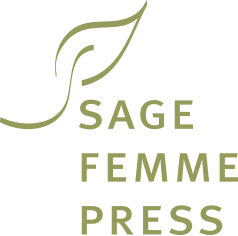Just now, opening to the Acknowledgments page of a poetry collection by the Black British poet Roger Robinson, I notice that he thanks 41 individuals by name for their “guidance, support and encouragement.” Yes I counted them. He goes on to list a number of organizations and collectives with which he’s associated. Well! Although Robinson isn’t the only writer to acknowledge colleagues, mentors and family members in this way I was struck by the sheer volume of them in A Portable Paradise.
This makes me wonder if I am an outlier. I am lucky enough to have a room of my own and I do my writing here, in solitude. Since my workshop days decades ago, I haven’t ordinarily asked anyone to read and critique my drafts. I’ve not been part of a writing group nor have I ever opened my legal pad or laptop in a café or on a park bench. (Okay, once in an auto repair shop.) And yet, I do feel part of a larger community.
Since the mid-1990s I’ve been a member of a loose association of nurse writers. We communicate mostly by email but have joined up to produce occasional workshops and, thanks to the diligence of certain gifted members, a few anthologies. We value each others’ personal stories and literary contributions to our profession.
I don’t send out my work on a regular basis but, when I do, I most often choose a publication that has formed a community around it. Pulse magazine—voices from the heart of medicine comes to my online mailbox and features a poem or story once a week. The Healing Muse from SUNY Upstate Medical University is an annual of art and literature I have contributed to and read cover to cover. I’m hopeful about my association with Vita Poetica, a new, DC based collective of artists whose work is informed by a spiritual lens.
Most important is my library of keepers—poetry collections I keep coming back to because they inspire me and shape my thinking. Bill Holm, Mary Oliver, Jane Kenyon, William Stafford, Ted Kooser, and Rumi are among them—and of course the collections of work by nurses, physicians and others who address themes that have long been of importance to me.
There is solitude and there is community, a perfect meld for me.
